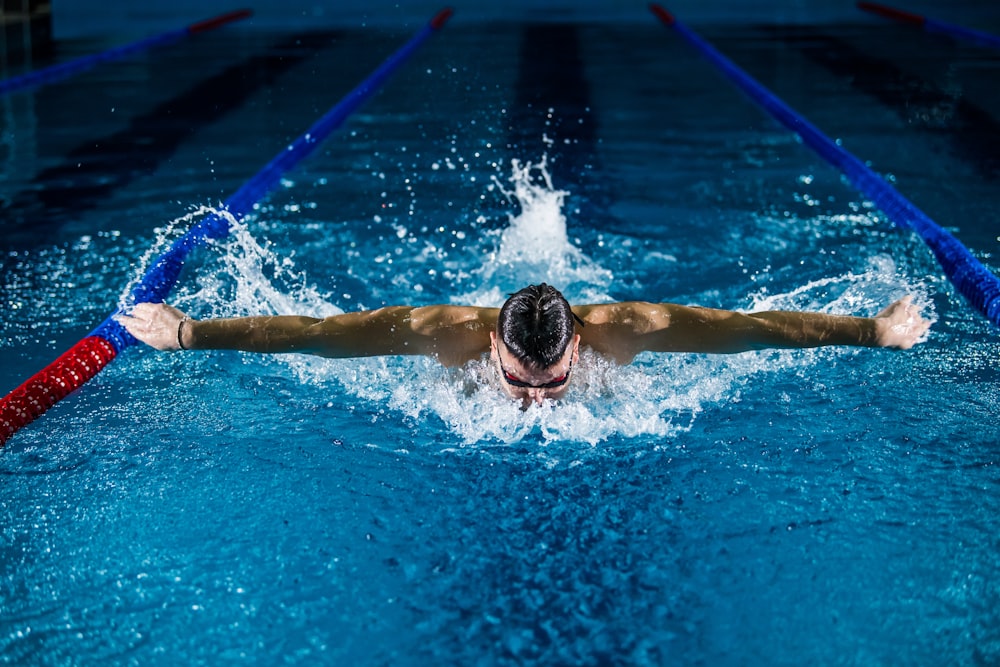MAKE A SPLASH
THIS SUMMER

Join Now For $0 Enrollment!
Learn MorePosted
This buzz phrase has been uttered hundreds of thousands of times in the fitness community over the past 5 years or so. Many of us use exercises we deem “functional” all the time. Truth be told, this word has been slapped onto a ton of movements that really do not deserve the title. This has led to overuse of the word in many levels of fitness. My intent with this blog post is to clear up what functional exercises really is, why we want it in our programs, and give the cream of the crop functional exercises their true spot in fitness celebrity.
First things first. What exactly is functional exercise? Think of functional exercise as an activity you do in the gym that is intended to get you stronger in life. What do we do in life that we need to be stronger at? I would argue there are 4 common activities that we see often in life that we want to be strong in:
1. Carrying heavy things.
2. Getting up and down from the ground.
3. Holding up your own body weight.
4. Pushing or pulling a heavy object on the ground.
Go ahead. I challenge you to think of another major activity that we all do on a regular basis that could not be categorized under these 4 areas. (I could even argue there are only 3, as you most definitely need to hold your body weight up momentarily to get up from the ground). If you are strong at all 4 of these elements, you’re probably going to be pretty damn good at daily activity in life!
Why do we want to incorporate functional movements into our program? Work capacity. Let us demonstrate work capacity with the example of someone who grew up as a farmer. Anyone who grew up on a farm will ensure you they did HARD work ALL the time. Put them in a gym for the first time and I'd put money on them being VERY strong with regards to lifting weights. Now, think of a suburb kid (um, like me!). Most will not do very much hard work growing up. Put this suburb kid in a gym during high school and college, teach them to lift weights, and I bet they'd get pretty good at lifting weights. That said, if you were to put that same kid who only learned how to lift weights in the gym on a farm for a day, the strength gained in the gym probably won’t get them very far doing the "farm" work.
So, what are we looking at here? Some strength transfers to other activities very well, some does not. If you're looking to get stronger at life, sets and reps may work better as a test of strength, rather than a focused training medium. Functional movements, however, will get you stronger in the weight room as well as in life itself!
What is the moral of the story here? Make sure your workouts are increasing your work capacity (sorry, running long distance does not that). In other words, your workouts make you better at carrying heavy objects, getting up and down off the ground, holding your body weight, and pushing/pulling heavy objects. If you're strong with these movements, well, the weight lifting will be easy.
What are the best functional exercises? Here are my top 5:
1. Deadlifts (pick up heavy things off the ground)
2. Farmer’s Carry (carry heavy things)
3. Turkish Get Ups (get up off the ground)
4. Sled Push/Pulls (push/pull heavy things)
5. Push Press (learn to use your legs and your arms together)
Use functional exercise as your base to an exercise program. The intent is to increase your work capacity so you are then able to strength train more effectively. An ideal program will consist of functional exercise along with more traditional strength training.
A final note: This past weekend, many of the personal trainers from CAC attended the Perform Better Summit. This 4 day workshop style conference brought in the leaders of fitness industry to the Windy City. My experience at the summit spawned this blog post topic, as a major point of discuss at the conference was, “What exactly is functional fitness anyway?” I would like to give credit to Gray Cook, Dan John, and Mike Boyle, as many of their philosophies are integrated into this blog post.
© 2025 Chicago Athletic Clubs. All Rights Reserved. Privacy PolicyEmployee Login
https://www.chicagoathleticclubs.com/
https://www.chicagoathleticclubs.com/services/personal-training/
0
5000
true